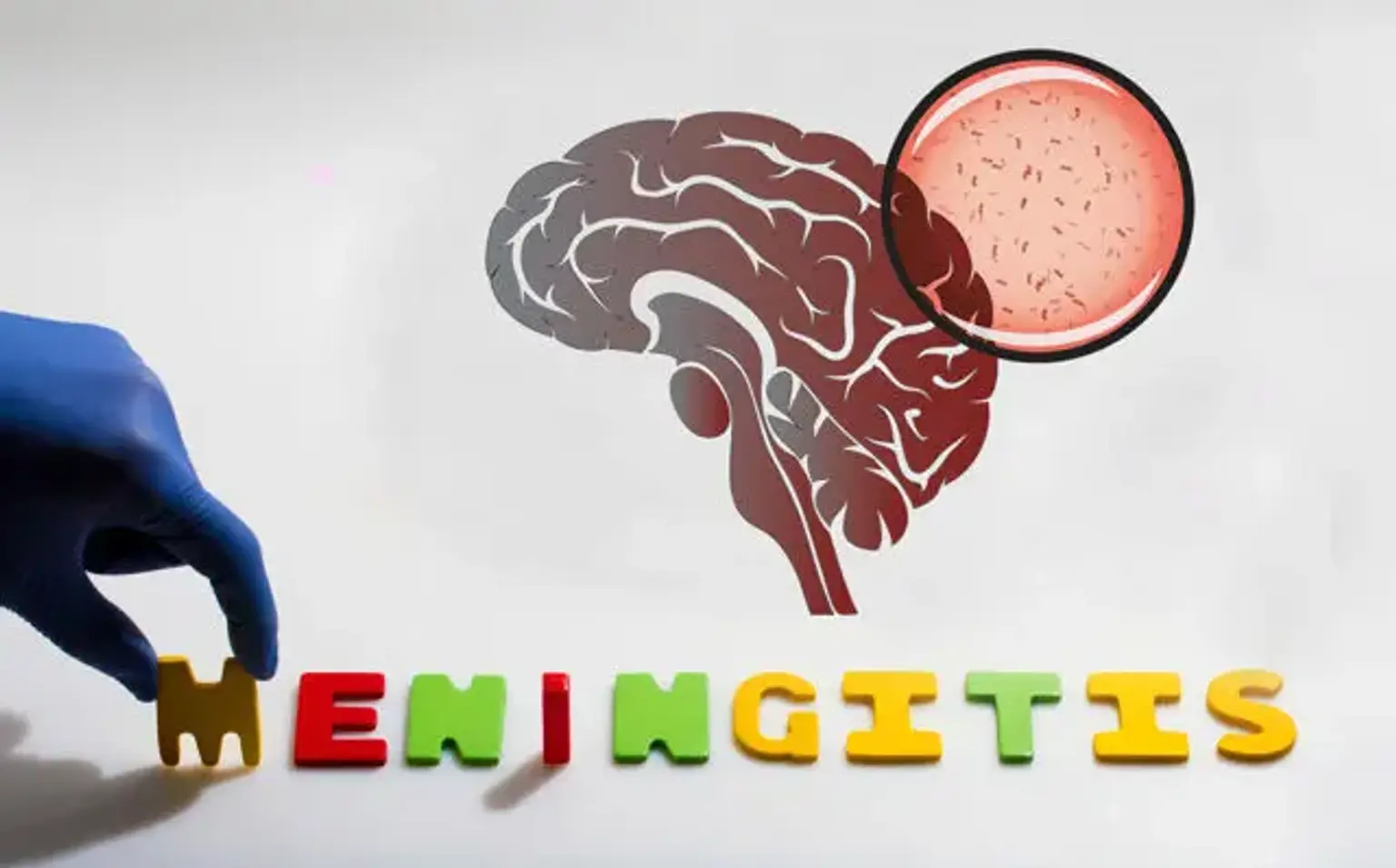Understanding Meningitis: What It Is and How It Affects the Body
Meningitis is a severe infection of the meninges, the membranes surrounding the brain and spinal cord. It can be caused by bacteria or viruses, with bacterial meningitis being the more dangerous and life-threatening form. Symptoms include fever, headache, stiff neck, nausea, and confusion, with severe cases leading to seizures, brain damage, and even death.
Meningitis is diagnosed through tests like spinal fluid analysis, where cerebrospinal fluid is checked for infection. Early diagnosis and treatment are crucial to prevent permanent damage, including brain damage or hearing loss. Even after successful treatment, meningitis survivors can face lifelong challenges, making understanding its effects essential, especially in places like South Korea, where advanced medical treatments are available.
What Happens After Surviving Meningitis?
Surviving meningitis marks the start of a challenging recovery. Some people recover fully, while others face ongoing complications. Bacterial meningitis, for example, can cause brain swelling, leading to cognitive issues, memory loss, and learning difficulties. Other complications may include hearing loss, vision problems, and motor skill issues.
Post-meningitis syndrome is common, with symptoms like fatigue, chronic headaches, and difficulty concentrating persisting for weeks or even years. Children may experience developmental delays, while adults may struggle with returning to work or normal daily activities. South Korea’s healthcare system offers specialized care to help survivors manage these long-term effects, including physical therapy and cognitive rehabilitation.
Chronic Effects of Meningitis: How It Changes Your Life Forever
Meningitis can cause lifelong changes, particularly affecting the brain. Survivors often face cognitive impairments, including memory issues, concentration difficulties, and impaired decision-making. Hearing loss is another common consequence, as the infection can damage the inner ear, leading to permanent deafness. Vision problems, such as blurred or double vision, may also occur.
